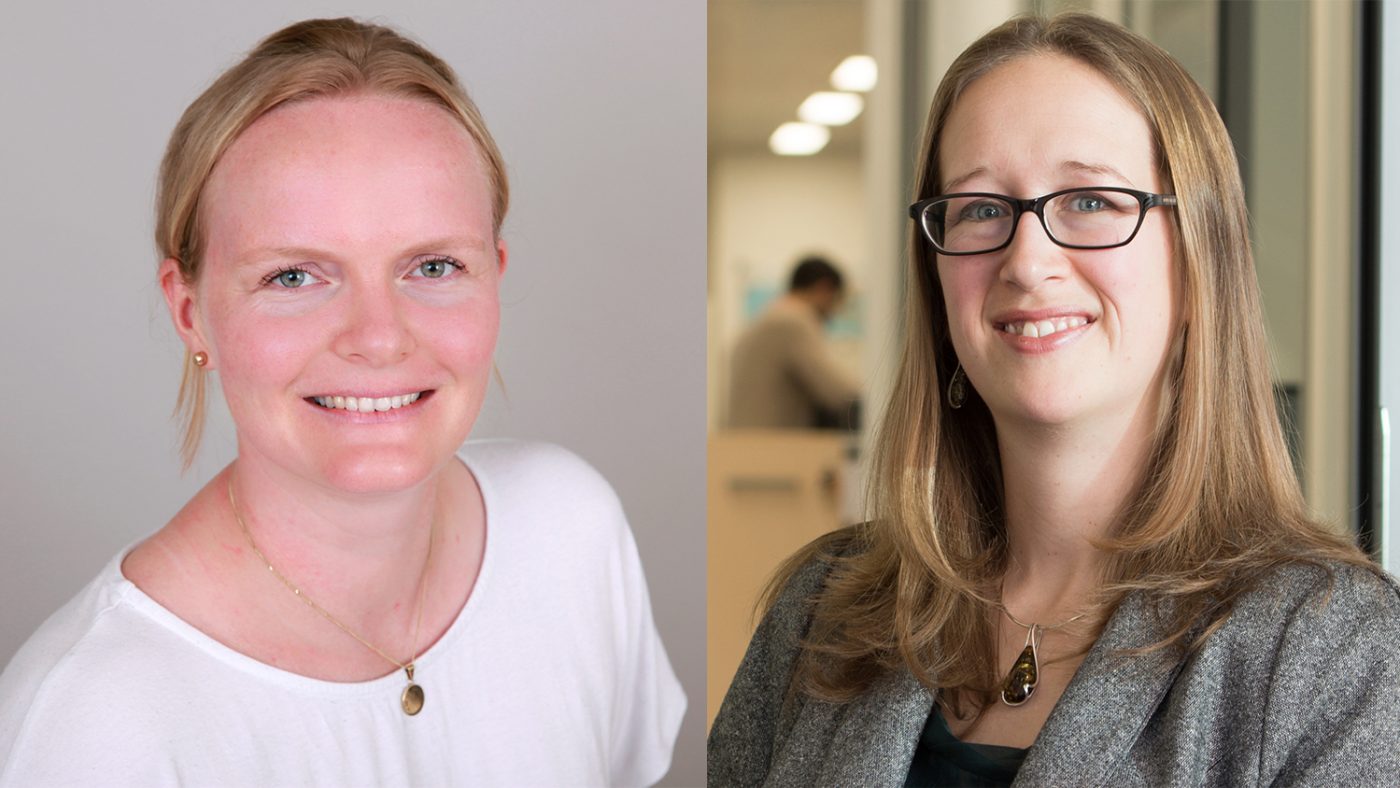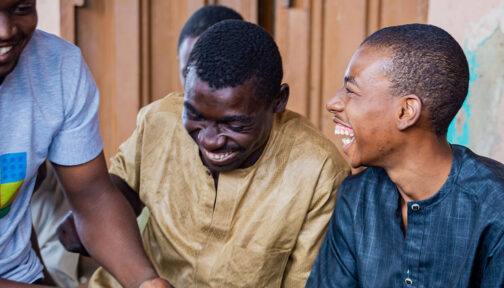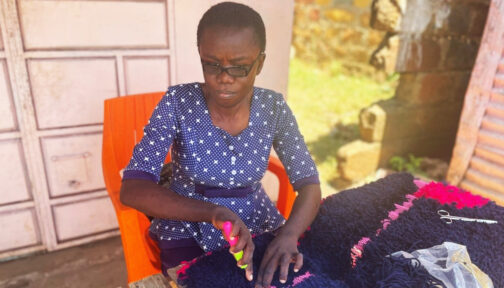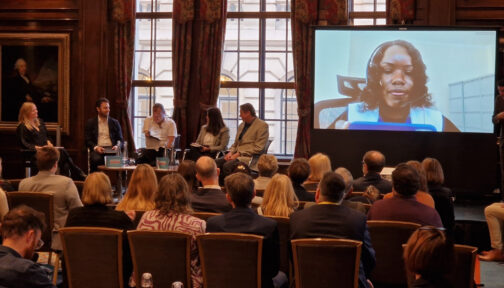Investing inclusively: how new guidance will help include people with disabilities in economic growth

New guidance will help investors and companies in low and middle income countries to include people with disabilities in their work building economic growth.
Inclusive Futures’ disability inclusion secondee at the Foreign, Commonwealth and Development Office (FCDO), Susie Rodgers, outlines why the new guidance is an important step forward in inclusion.
Susie supported the development of the guidance alongside Dr Samantha Lacey, Job Quality Lead at development finance institution the CDC Group, and the guidance was written by Social Development Direct’s Disability Inclusion team, which also provides the Inclusive Futures-funded FCDO helpdesk on disability.
Shockingly little attention has been paid by investors to the inclusion of people with disabilities, even though they are the world’s largest minority group at 15 per cent of the global population.
Inclusion, particularly gender inclusion, has become an important consideration for impact-orientated and mainstream investors in recent years, but more needs to be done around disability.
New guidance by the UK’s development finance institution, CDC, has huge potential to make pioneering progress in a largely neglected area.
CDC invests in businesses to create inclusive, sustainable and productive employment and decent work for all. It goes without saying that this needs to include people with disabilities, when there are more than a billion people with disabilities globally. 80 per cent of people with disabilities live in low and middle income countries, which is where CDC primarily invests.
When I started a secondment providing technical support on disability inclusion for the FCDO’s global economic empowerment programmes in both the Private Sector and Growth and Resilience Departments, the potential of working with CDC stood out and became a key focus.
Working with Samantha Lacey, CDC’s Job Quality Lead, and Social Development Direct’s Disability Inclusion team, we produced two pieces of practical guidance on disability inclusion – one aimed at fund managers and another aimed at companies.
The guidance seeks to make the topic itself more accessible, helping the reader think through the steps to becoming more inclusive of people with disabilities as employees, consumers and service users. The guidance includes:
- engaging with disabled people and their organisations, following the principle “nothing about us without us”
- leadership, governance and company culture
- the development of policies and procedures
- budget allocation
- the importance of training to overcome attitudinal barriers
The guidance also provides a framework for conducting a barrier analysis; an important first step when creating an action plan towards inclusion. People with disabilities commonly experience many barriers to full and equal participation in society. These include attitudinal barriers such as discrimination and stigma, institutional barriers such as discriminatory policies or a lack of understanding of disability inclusion, and environmentally constructed barriers such as physically inaccessible infrastructure or inaccessible information and communications.
We also included case studies from CDC’s portfolio, and a notable example from the countries where it invests, to show how companies can implement a range of measures to promote disability inclusion in the workplace and marketplace.
One example is Phoenix Power in Egypt, a subcontractor for solar power project, which employed people with disabilities from local communities, working in conjunction with the government labour office. Adjustments were made in work task selection, induction and supervision, location of work, accessible toilets, transportation and equal pay. Their disability inclusion work also strengthened the relationship between construction company and local communities.
CDC has included the guidance in its Environmental, Social and Governance (ESG) Toolkit, an online resource which is heavily used by responsible investors, not only in CDC’s markets, but globally. Cross references to the disability inclusion guidance have been embedded throughout the Toolkit to bring it to the attention of readers who might not have been actively looking for guidance on disability inclusion.
This guidance will hopefully lead to fund managers, and investors more generally, asking questions about internal working cultures, anti-discrimination, workers’ rights and the types of products and services reaching consumers to ensure people with disabilities are not left out.
Considering disability inclusion in these decisions is a great starting point for wider disability inclusion.
External links
- CDC Group toolkit on disability inclusion http://toolkit.cdcgroup.com
- Disability Inclusion Helpdesk www.sddirect.org.uk
More from In Depth

Global Disability Summit 2025: Closing the gap between disability inclusion and development
Inclusive Futures is attending the summit in Berlin on 2-3 April. Visit our booth or attend our panel event to connect with us and learn more about our programme insights.

Sense International wins prestigious Zero Project award for its work with entrepreneurs with disabilities
Sense International has won a 2025 Zero Project Award for empowering individuals with deafblindness and complex disabilities in Kenya to build successful businesses and achieve financial independence.

Driving change: launching the six principles for inclusive development
Inclusive Futures and the UK Foreign, Commonwealth & Development Office marked International Day of People with Disabilities by jointly hosting an event to launch the six principles for inclusive development.